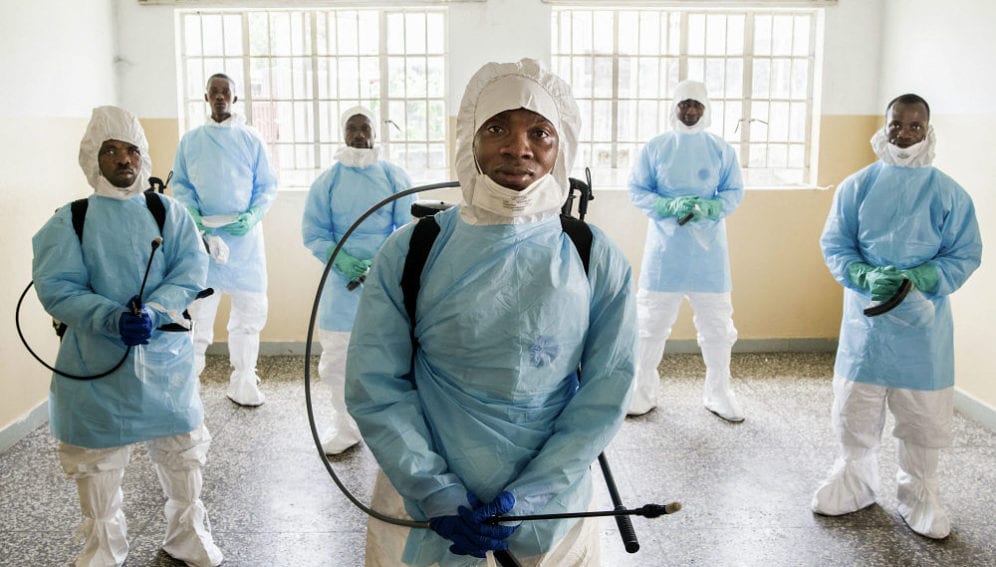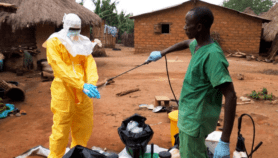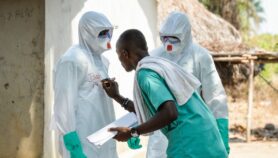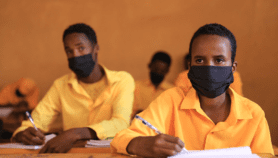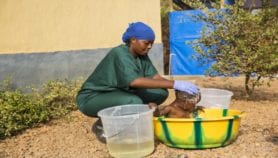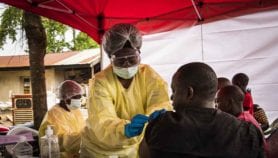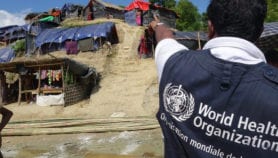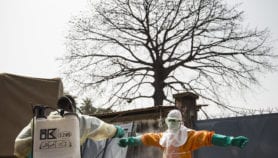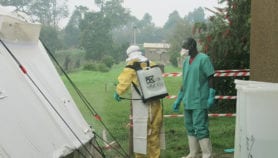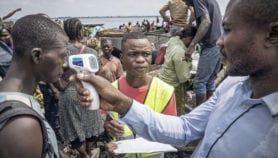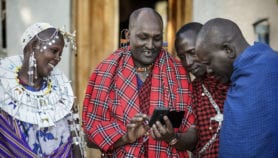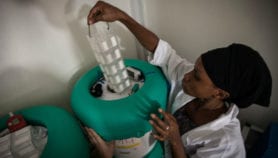By: Biruktayet Bihon
Send to a friend
The details you provide on this page will not be used to send unsolicited email, and will not be sold to a 3rd party. See privacy policy.
[ADDIS ABABA] In 2014, the West African Ebola virus epidemic was the most widespread outbreak of Ebola virus disease in history.
It caused major loss of life and socioeconomic disruption in the region, with Guinea, Liberia, and Sierra Leone hugely adversely impacted.
Sitting at an update meeting in Ethiopia on Ebola response in the Democratic Republic of Congo (DRC) last month (19 June), I got the impression that for Africa to effectively and promptly deal with epidemics, proactive instead of hasty reactive measures are crucial not only in tackling an outbreak but also for preparedness.
With these logistical, governance and systems challenges, we may have not yet seen the worst of these epidemics.
Biruktayet Bihon, Addis Ababa
After listening to the discussions of the meeting, which was organised by the African Centres for Disease Control and Prevention (CDC) of the African Union, it is my opinion that Africa needs to learn from past epidemics and develop functioning strategies to deal with outbreaks as well as have in place efficient surveillance systems for early detection of impending dangers.
The director for the African CDC, John Nkengasong, said that the African CDC, as first response, has activated the emergency operating centre to scan and monitor the situation and mobilise its epidemic response team.
In this regard, he said, the centre deployed on an emergency basis an advance team of epidemiologists to the DRC. The initial deployment aimed to coordinate the African CDC support to the country’s ministry of public health response to possible Ebola outbreak.
“We [sent] high-level delegations to Mbandaka and Bikoro to conduct a situational analysis with the DRC’s Ministry of Health on Ebola response efforts,” he said. “Subsequently, the African CDC deployed 25 more experts on epidemiology, laboratory, infection prevention control and communications to support the Government of the DRC's effort to control the recent Ebola outbreak in the region.”
The Africa CDC task force, which brings together several key departments of the African Union, is projected to rapidly address the clinical, communication and logistical needs brought about by crises such as this one. The Addis Ababa meeting was part of a comprehensive operational strategy put into place.
The CDC is also working closely with the regional collaborating centres across the continent through mechanisms such as hosting regular meetings and cross-border transmission workshops to develop and share preparedness plans.
One such challenge is leadership. Whereas a lot has been learnt from the West African Ebola crisis of 2014, each new outbreak has a unique challenge. Effective leadership by the DRC government is a challenge given the country’s weak health systems resulting from the long drawn out conflicts that have exacted economic and political difficulties.
The other is coordination of contributing partners’ effort for ensuring efficiencies to control the outbreak. This has been wanting. Another impediment to dealing with an Ebola epidemic is translating global material and financial commitment into country-specific disbursements.
I also learnt from the meeting that the DRC Ebola outbreak has also been characterised by huge logistical challenges such as airlifting supplies and healthcare workers from Kinshasa to Bikoro, Mbandaka and Iboko because there are no commercial flights to these areas and the roads are not motorable.
With these logistical, governance and systems challenges, among others, we may have not yet seen the worst of these epidemics with us, staring helplessly and waiting for external sympathies and actions. For me, they need to serve as a wake-up call to Africa.
This piece was produced by SciDev.Net’s Sub-Saharan Africa English desk.


